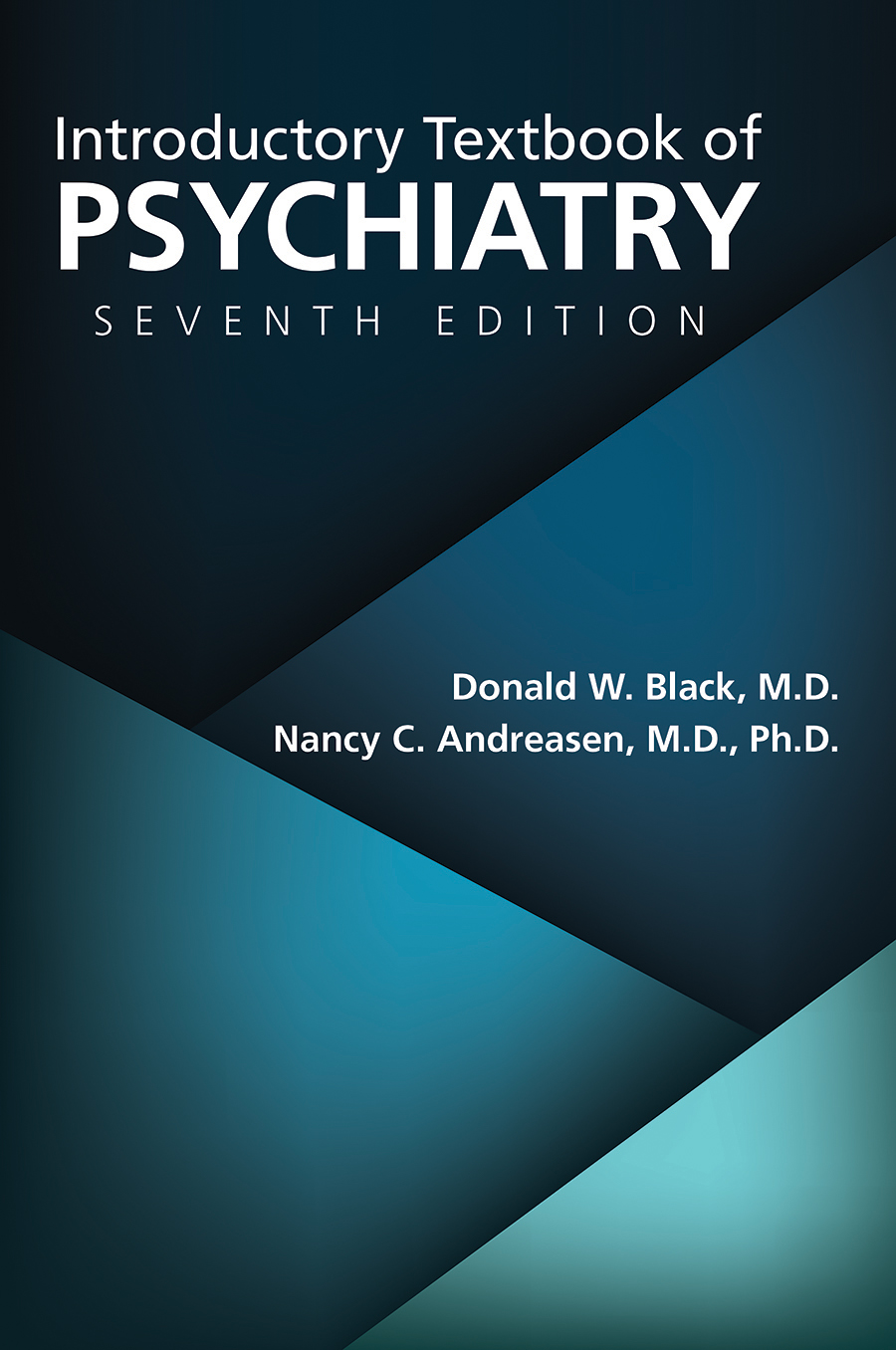Sections
Excerpt
Feeding and eating disorders involve disturbed eating behaviors that can span the entire age range. This chapter combines feeding disorders that are usually diagnosed in childhood with the classic eating disorders because of their shared phenomenology and pathophysiology. Binge-eating disorder has been added to DSM-5 on the basis of accumulated research over the past decade. Residual categories are available for feeding and eating disorders that fail to meet criteria for a more specific disorder. Table 11–1 lists the disorders included in this chapter.
Access content
To read the fulltext, please use one of the options below to sign in or purchase access.- Personal login
- Institutional Login
- Sign in via OpenAthens
- Register for access
-
Please login/register if you wish to pair your device and check access availability.
Not a subscriber?
PsychiatryOnline subscription options offer access to the DSM-5 library, books, journals, CME, and patient resources. This all-in-one virtual library provides psychiatrists and mental health professionals with key resources for diagnosis, treatment, research, and professional development.
Need more help? PsychiatryOnline Customer Service may be reached by emailing [email protected] or by calling 800-368-5777 (in the U.S.) or 703-907-7322 (outside the U.S.).



